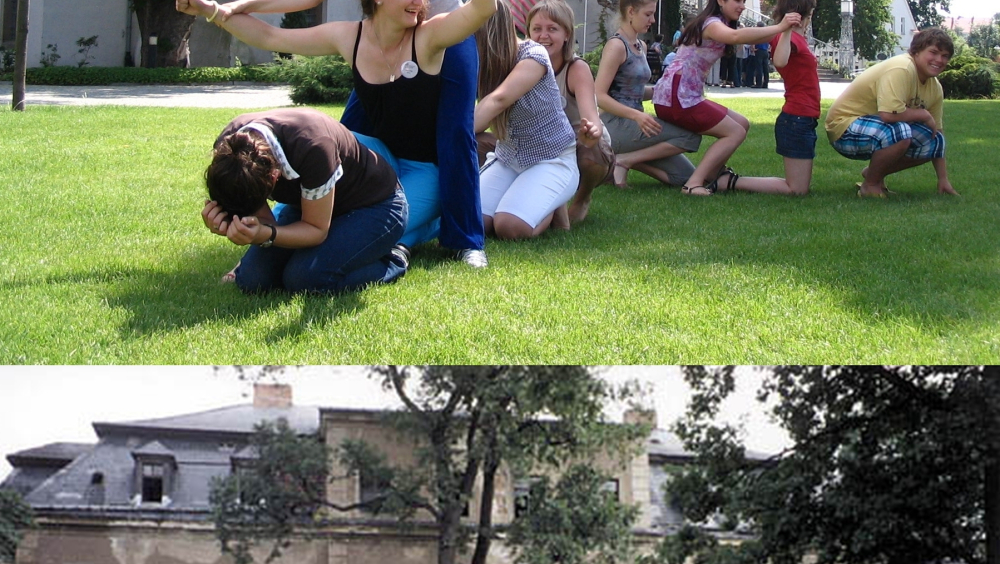Krzyżowa Palace - one building situated in four countries
A building tells its story, stretching over three centuries and illustrating the course of history in central Europe.
I am a manor house from 1726. When I was built the lands around belonged to Austria. But in 1742 that changed and from then on I stood in Prussia. With Prussia becoming part of the German Empire in 1871 so did I. In 1867 prussian General, von Moltke bought the estate. This prussian officer had published a book on Poland in 1830. In 1891, a nephew inherited the manor. The Moltke family filled all my rooms. After World War I though the economic situation of the estate had got worse and in 1928 the family moved out, not being able to heat the place anymore. Before that, in 1907, the fourth generation of Moltke family in Krzyzowa was born within my walls, a boy called Helmuth James, who later founded a resistance group in Nazi-Germany. In 1945 he was hanged for his courageous actions.
At the end of the war a unit of the Red Army moved in, they left in 1946. The same year the remaining german inhabitants had to leave and new, polish villagers arrived, who had had to leave their homes in the east. The estate was turned into a state owned farm. While in the 80ties I gained the status of a historical monument my roof at the same time became leaky, the residents moved out.
In 1989 I was about to fall apart when an international group of people started an initiative to transform the estate into an international centre of education and youth exchange. I was renovated. Nowadays people from all over the world meet in my rooms, get to know each other, discuss and have fun.
The described manor house is one of thousands that was situated in various countries because of shifting borders. While the houses stand where they were built borders move and people have to move, a common european experience. The various layers of history are a pan-European experience and it is upon us to seek and find ways, how this common heritages helps to cope with today's challenges.
